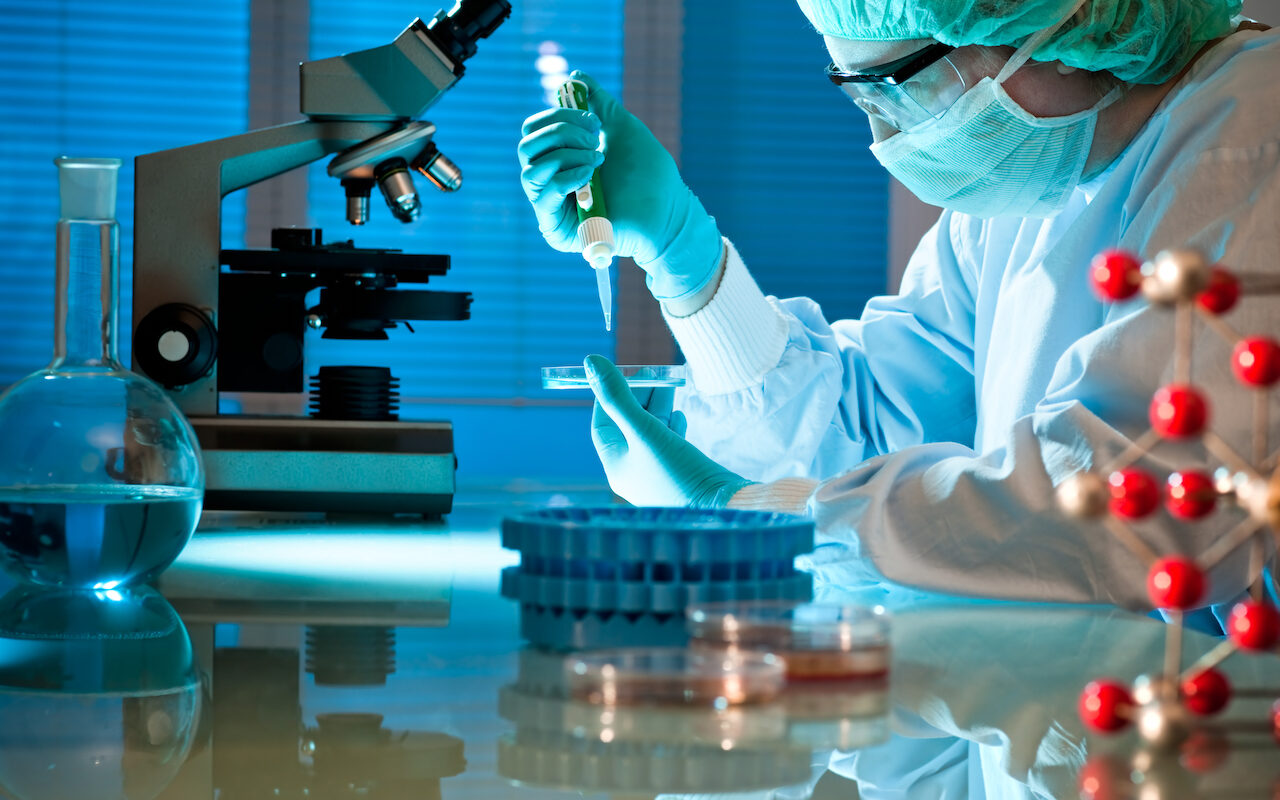In a groundbreaking development, researchers have successfully created “laboratory testicles,” known as testis organoids, that could revolutionize the understanding of male infertility. Led by Dr. Nitzan Gonen and her team of research students at Bar-Ilan University, these artificial testicles hold immense potential in unraveling the complexities of sex determination and providing solutions for male infertility, a condition that affects a considerable portion of the global male population.
The testis plays a crucial role in sperm production and testosterone synthesis, and any abnormalities in its development can lead to disorders of sex development and infertility in males. Until now, there has been a lack of in vitro systems for modeling the testis, hindering research in this critical area. However, Dr. Gonen’s pioneering work has resulted in the creation of testicular organoids derived from real mouse testis, offering a powerful tool for studying the mechanisms involved in sex determination.
Organoids, artificial miniature organs grown from cellular samples, have emerged as a transformative technology in biomedical research. While organoids of various organs such as the brain, kidneys, and intestines have been successfully generated, the testicular organoids developed by Dr. Gonen’s team closely mimic the structure and function of natural testicles, representing a significant step forward in this field.
The artificial testicles were cultivated from immature testicular cells obtained from neonatal mice, and during the nine-week culture period, the researchers observed the formation of tubule-like structures resembling those found in vivo. These tubular structures, similar to the seminiferous tubules in natural testicles where sperm production occurs, indicate the potential of the organoids to replicate key physiological processes.
While it remains to be seen whether the current model can produce sperm cells, early indications suggest the initiation of meiosis, a crucial stage in gamete production. Dr. Gonen envisions that these artificial testicles could serve as a valuable platform for investigating testicle development and function, with potential applications in treating disorders of sexual development and infertility.
Looking ahead, Dr. Gonen plans to extend this research to human samples, with the aim of creating testis organoids from biopsies of individuals, particularly children undergoing cancer treatment. By preserving the fertility potential of these individuals through the generation of sperm in vitro, this innovative approach holds promise for enabling future reproductive options for patients facing fertility challenges.
In summary, the creation of laboratory testicles represents a significant milestone in male infertility research, offering new insights into testicular biology and paving the way for potential therapeutic interventions in the field of reproductive medicine. Dr. Gonen’s pioneering work underscores the immense potential of organoid technology in advancing our understanding of complex biological processes and exploring novel treatment strategies for infertility.
*Note:
1. Source: Coherent Market Insights, Public sources, Desk research
2. We have leveraged AI tools to mine information and compile it



